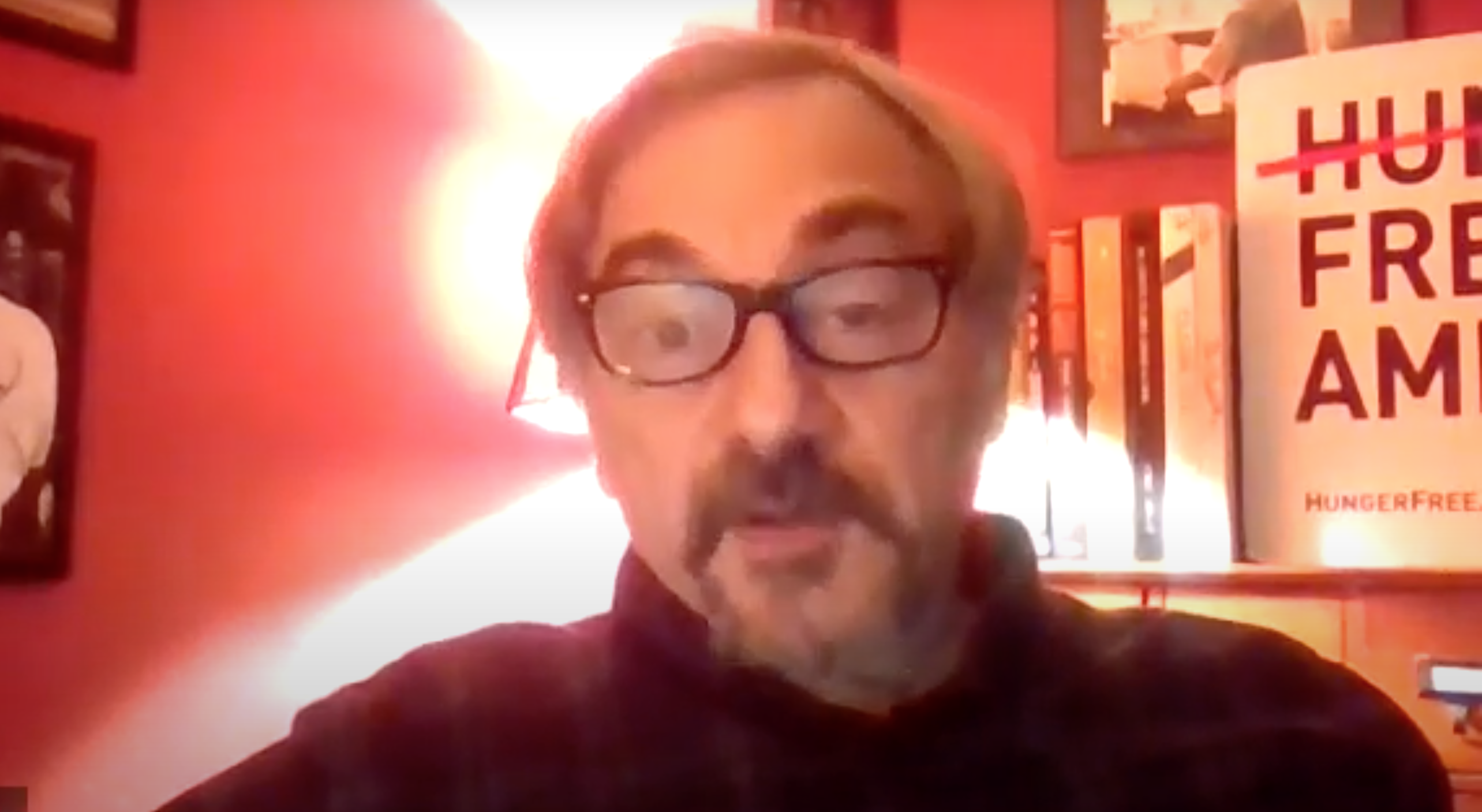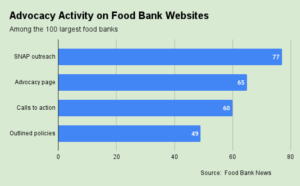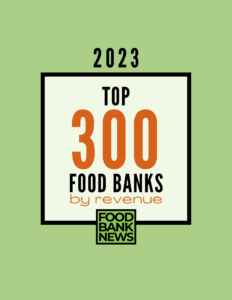Between a new administration and growing momentum around a Covid-related aid package, anti-hunger advocates have reason to be optimistic about federal steps toward hunger relief in the near future. Yet there are still plenty of concerns.
“If we’re successful in getting an aid package and an increase in SNAP, I worry that people will believe we have solved the problem,” said Dr. LaDonna Pavetti, Vice President for Family Income Support Policy at the Center on Budget and Policy Priorities, speaking Monday evening on a virtual panel organized by Hunger Free America. “But we will not have.”

Because hunger is tied to other issues, including housing and health care, focusing on it in isolation is not enough. For example, when the current moratorium on evictions — set to expire at the end of the year — is lifted, peoples’ food budgets will be under tremendous pressure, noted Dr. Pavetti.
Another obstacle is greater acceptance of a narrative that blames individuals for going hungry, an attitude that makes it harder to find a solution. “We have to recognize that hunger is a failure of our economic system,” Dr. Pavetti said.
On the upside, even without a Democratic majority in the Senate, the incoming Biden administration can do “an enormous amount” to fight hunger, said Joel Berg, CEO of Hunger Free America. On Day 1, for example, it could choose to take away rules that make it harder for immigrants to receive federal food assistance.
The panelists agreed that long-term answers did not lie in distributing more food. Echoing the comments of the food bank CEOs in Food Bank News’ recent CEO Roundtable, Berg noted that “hunger is not a food distribution problem, it’s an affordability problem.”
Unfortunately, long lines at food banks have had the impact of reinforcing the false narrative that the best response to hunger is charity. The issue has been reframed so dramatically that even left-leaning progressive politicians are apt to respond to hunger by holding food drives, Berg noted.

By Berg’s estimate, federal nutrition assistance provides 15 times the dollar amount of all the food distributed by charities. Even more important than the safety net are efforts to make housing, healthcare and child care more affordable, while also boosting wages.
Restoring the hollowed-out Temporary Assistance for Needy Families benefit would go a long way toward helping families, Dr. Pavetti said. In 1996 when TANF started, 68 families of every 100 in poverty received cash assistance through the program. Now, only 23 do on average, and in some states the number is as low as four.
“One of our greatest failures as a country is what we’ve done around income support,” Dr. Pavetti said. “That system has been decimated.”
Members of the panel agreed that telling and hearing the stories of individuals with lived experience was important. Berg noted that no social movement in history has been won by one group on behalf of another. “The poor people’s movement needs leadership by poor people,” he said.
Beverly Wheeler, Director of D.C. Hunger Solutions, cautioned that people with lived experience need to be paid for their time and expertise. “People do have a voice and we need to listen,” she said.
She added that even incremental improvements in fighting hunger may take years. “We have to keep peoples’ feet to the fire,” Wheeler said. “We can no longer ignore the fact that people are hungry. It’s a national disgrace.”
CAPTION ABOVE: Joel Berg speaking on a recent virtual panel hosted by the organization he runs, Hunger Free America.
Like what you’re reading?
Support Food Bank NewsConnect with Us:










